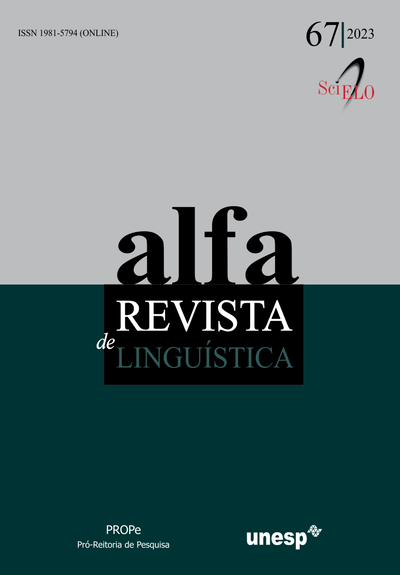The sacred as a sociolinguistic conceptistic
notes between Durkheim and Saussure
DOI:
https://doi.org/10.1590/1981-5794-e16836Keywords:
Society, Social facts, Linguistic facts, SacredAbstract
This article has as its object of study the contribution of Émile Durkheim, for Sociology and Ferdinand de Saussure, for Linguistics and Ethnology, in the definition of the objects of study known as social facts and linguistic facts (respectively). More than launching objects of study, based on the promotion of epistemological and scientific aspects, Durkheim and Saussure also base their theories on chronological and spatial bases, preferring synchrony over diachrony and return, to a spatial/temporal zone that is more consistent with the cyclical movement. In addition, through the theoretical exposition we seek to show the fact that without the definition of social facts, we would not have the basis for the study of linguistic facts. This not only brings social facts closer to linguistic facts, but also makes it possible to think of the scientific field as a theoretically relational field that can be understood through an empirical situation, through the concept of the sacred and its analysis in line with social reality.
Downloads
Downloads
Published
How to Cite
Issue
Section
License
Copyright (c) 2023 ALFA: Revista de Linguística

This work is licensed under a Creative Commons Attribution 4.0 International License.
Manuscripts accepted for publication and published are property of Alfa: Revista de Linguística. It is forbidden the full or partial submission of the manuscript to any other journal. Authors are solely responsible for the article's content. Translation into another language without written permission from the Editor advised by the Editorial Board is prohibited.

